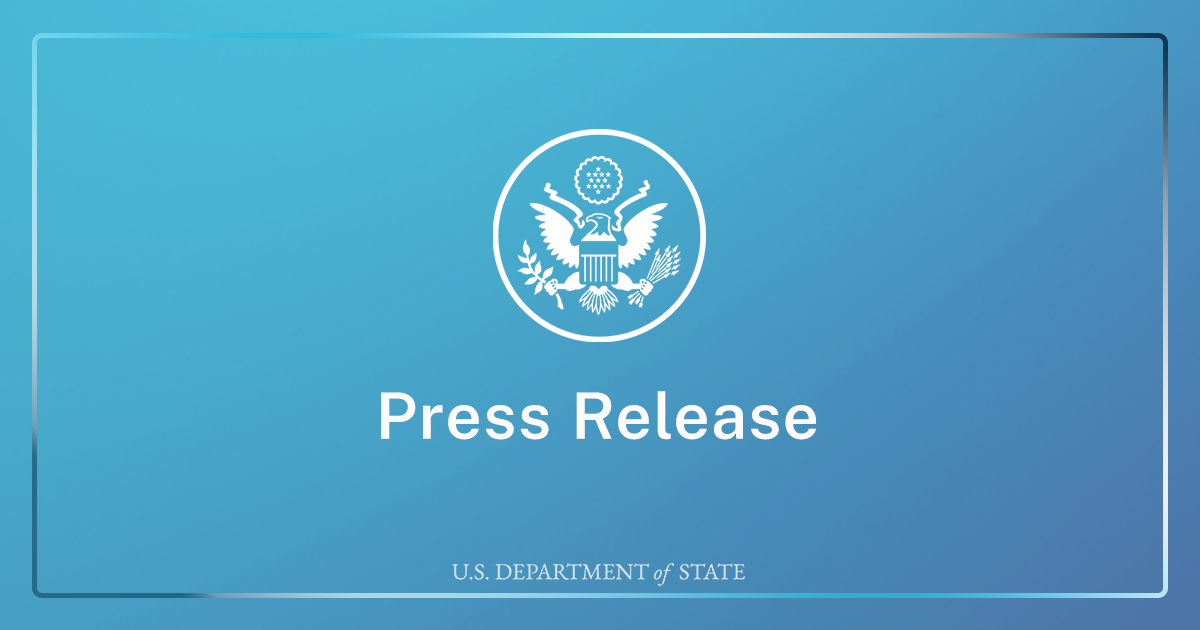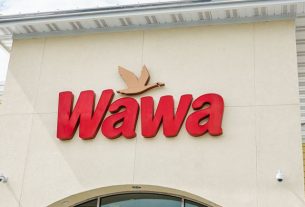On March 18, the Under Secretary for Economic Growth, Energy, and the Environment Jose W. Fernandez led the U.S. delegation to the first High Level Economic Dialogue with Guatemala to advance the Biden-Harris Administration’s Root Causes Strategy and Vice President Harris’ Central America Forward initiative. President Arévalo led the Guatemalan government delegation along with Vice President Herrera. Guatemalan representatives from the following ministries were also in attendance: Ministry of Foreign Affairs; Ministry of Finance; Ministry of Economy; Ministry of Public Health and Social Assistance; Ministry of Agriculture, Livestock, and Food; Ministry of Communications, Infrastructure, and Housing; Ministry of Labor; Ministry of Energy and Mines; Ministry of Environment and Natural Resources; and the National Commission against Corruption.
The U.S. delegation also noted the Vice President would further discuss our bilateral cooperation with President Arévalo at the White House on March 25.
Across various thematic discussions, the United States and Guatemalan counterparts underscored their shared interest in deepening the bilateral partnership in order to stimulate sustainable, inclusive, and equitable economic development and accelerate the creation of good jobs that would benefit Guatemala and the region. The United States affirmed its collaboration with the Arévalo administration and the Guatemalan people in expanding inclusive, equitable economic prosperity through good governance; increased investment, competition, and infrastructure; supply chain resiliency; greater food security; and a more resilient energy sector.
These efforts support the prosperity of all Guatemalans and contribute to a more stable and prosperous region. What is good for Guatemala is good for the United States. Advancing the White House’s Root Causes Strategy and its Central America Forward initiative emphasizes inclusive equitable growth in marginalized populations to help those who have been left behind fully benefit from Guatemala’s growth and development.
Integrity/Probity Units. In line with President Arévalo’s commitment to eliminate corruption, USAID intends to provide technical assistance to establish, expand, and/or strengthen targeted ministries and executive branch entities’ Integrity Units. These units will address corruption internally, while also improving efficiency and effectiveness, which will improve their ability to fulfill their obligations to the people. This assistance includes organizational and operational assessments to determine how corruption occurs, identify perpetrators, and issue recommendations to improve existing units, enhance staff capacity, and strengthen the institutions.
Open Government Partnership. In line with President Arévalo’s efforts to enhance transparency, the Department of State and USAID intend to expand the Open Government Partnership. This includes capacity building for government and civil society groups, assistance for procurement transparency to improve legal and operational processes, and support for digitization efforts across the executive branch and transparency initiatives that make data publicly accessible.
Building Capacity for Equitable Growth. The Inter-American Foundation (IAF), which currently supports 34 Guatemalan organizations, is announcing new funding of $1.1 million—matched by grantee co-investment for a total value of $2.2 million—to develop the capacity of four Guatemalan organizations to bolster local economic growth. The organizations are led by and serving marginalized populations disproportionately impacted by economic inequality: women, youth, and Indigenous people. The organizations will advance Indigenous youth leadership, constructive engagement with local officials on community development priorities for durable economic solutions, as well as community-based responses to promote economic inclusion key to growth.
Investment Promotion: Competition, Infrastructure, and Supply Chains
Metro System. In line with President Arévalo’s vision to establish a metro system in Guatemala City to reduce congestion, improve mobility, and control emissions, the State Department’s Transaction Advisory Fund (TAF) intends to provide $650,000 to advance a Guatemalan metro system. TAF support is intended to provide international expertise to conduct engineering and design services for the construction of bridges and underpasses needed for the new metro line in Guatemala City.
Climate Resilient Infrastructure. With $5 million, USAID will work to catalyze investments in climate resilient infrastructure projects across the country. This initiative will enhance the regulatory environment, boost investment, promote climate-adaptive practices, and foster a model for sustainable infrastructure growth and economic development in the country. The initiative will provide technical assistance and capacity-building efforts to boost climate resilience and stimulate economic progress. This initiative connects government agencies with private sector stakeholders, to improve infrastructure quality, foster economic growth, and ensure climate resilience to secure Guatemala’s future prosperity. The private sector has already committed to match the U.S. investment, by supporting a revolving fund to finance feasibility studies.
Competition Law Technical Assistance. Guatemala is one of the only countries in Latin America without a competition law. This stifles the growth of domestic companies as well as foreign direct investment. In response to a request from the Ministry of Economy, and to advance President Arévalo’s vision of establishing Guatemala as a regional economic powerhouse, USAID anticipates providing technical assistance as Guatemala drafts a new competition law, including hiring a local consultant and providing expert analysis from the Federal Trade Commission. The United States stands ready to assist with other legislative priorities where we can provide technical assistance.
Investment Promotion Technical Assistance. In support of President Arévalo’s vision to improve infrastructure and investment in Guatemala, the Department of Commerce’s Commercial Law Development Program is finalizing an agreement with the State Department to help improve the transparency, effectiveness, competition, and sustainability of Guatemala’s public procurement regimes for the development, acquisition, and management of goods, services, and infrastructure.
Additionally, USAID anticipates providing technical assistance to the Ministry of Economy on restructuring the investment promotion authority to increase the Guatemalan government’s capacity to design and drive competition and investment initiatives and bring Guatemala in alignment with the region.
Agriculture and Food Security
Deepening Food Security. In line with President Arévalo’s vision for ensuring sustainable, inclusive development for the communities most in need, the United States announced an expansion of the Vision for Adapted Crops and Soils (VACS) to the Western Hemisphere, starting with Guatemala, through a new partnership with the Inter-American Institute for Cooperation on Agriculture (IICA) that builds on the U.S. government’s existing efforts in the region through the Feed the Future initiative.
The United States and IICA anticipate collaborating with Guatemalan stakeholders to develop a VACS strategy that builds more resilient agricultural systems through a focus on diverse, climate-adapted crops and healthy, fertile soils. The resulting VACS strategy will propose areas to mobilize resources from across the public and private sectors to make future investments that advance VACS goals in Guatemala.
Sustainable Electricity Access. In alignment with President Arévalo’s commitment to connect all Guatemalan households to energy services, with $3.8 million, USAID seeks to increase electricity access, promote productive uses of electricity, and improve local and national capacity for the energy transition. The activity will target priority rural areas including the Western Highlands, Alta Verapaz, and others as selected.
Coalition for Climate Entrepreneurship Hub in Guatemala City. Over the next two years, the Department of State intends to work with the PVBLIC Foundation, Colombian startup accelerator Cleantech Hub, and Rafael Landivar University in Guatemala City to collectively generate more than 100 climate and sustainability-focused business plans, select at least 30 high-potential startups from the hubs to participate in a regional Climate Acceleration Program, and work with additional partners to raise at least four times the total value of the program through public grants.
The hubs aim to have 90 percent of participating startups launch products or secure funding within one year and abate at least 50,000 tons of CO2 per year across the program, driving sustainable economic growth in Central and South America. The hubs also anticipate engaging at least 450 students to drive academic commitment toa cleaner future and emphasize representation of previously underserved climate entrepreneurship communities, including women and Indigenous peoples.



